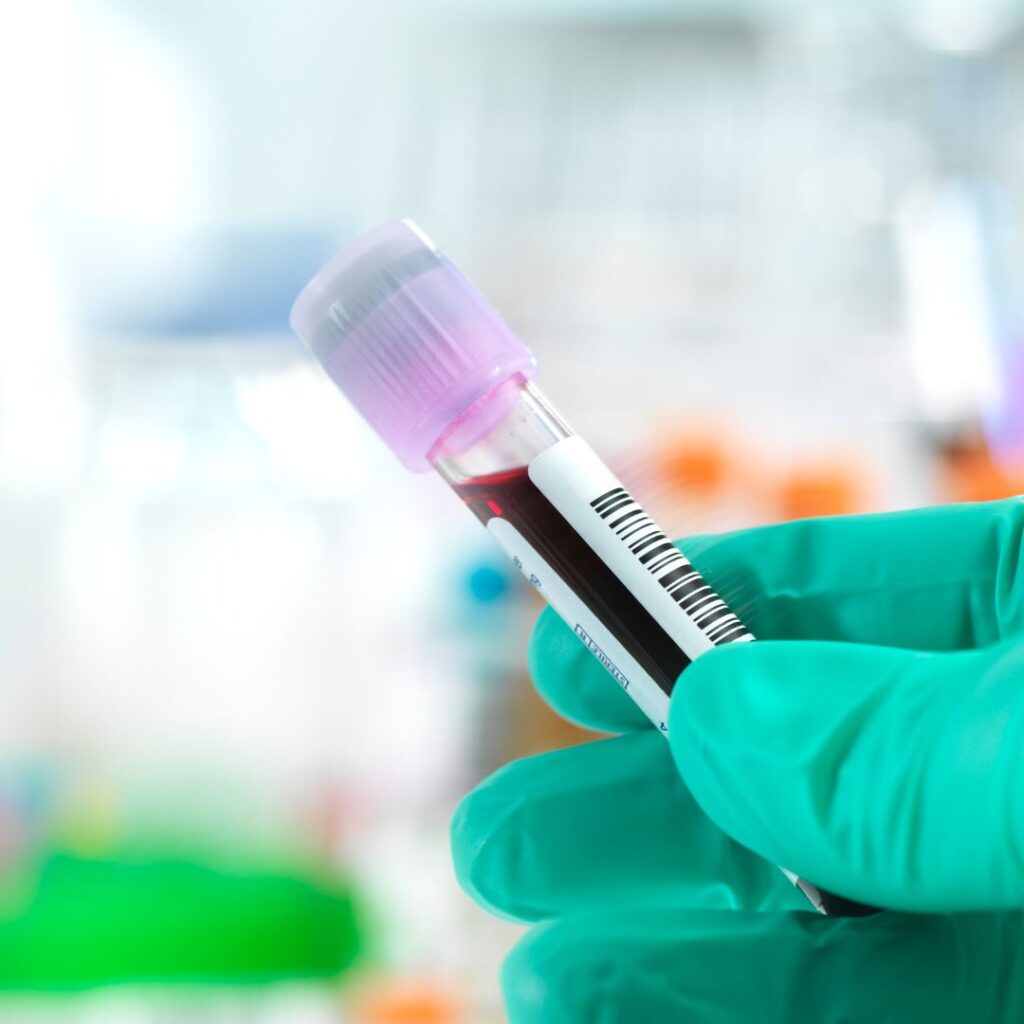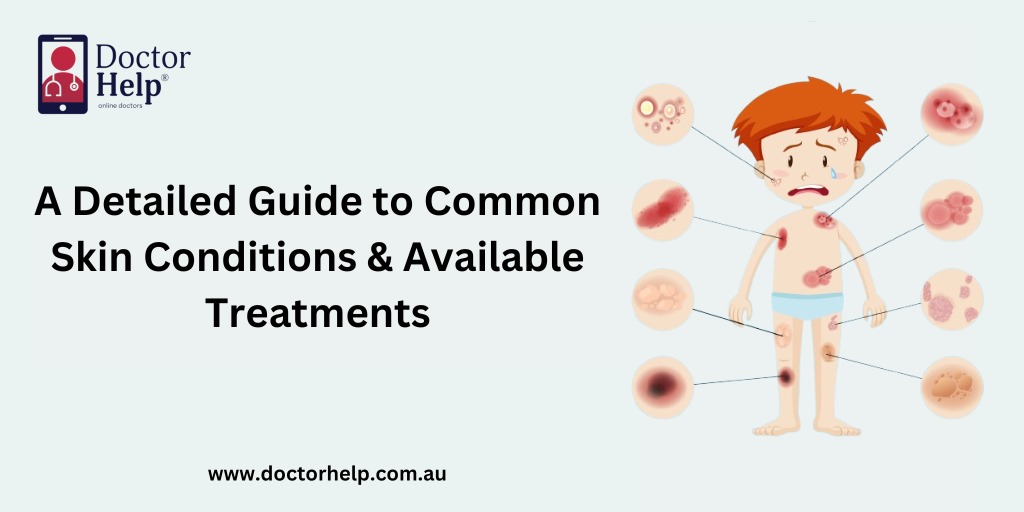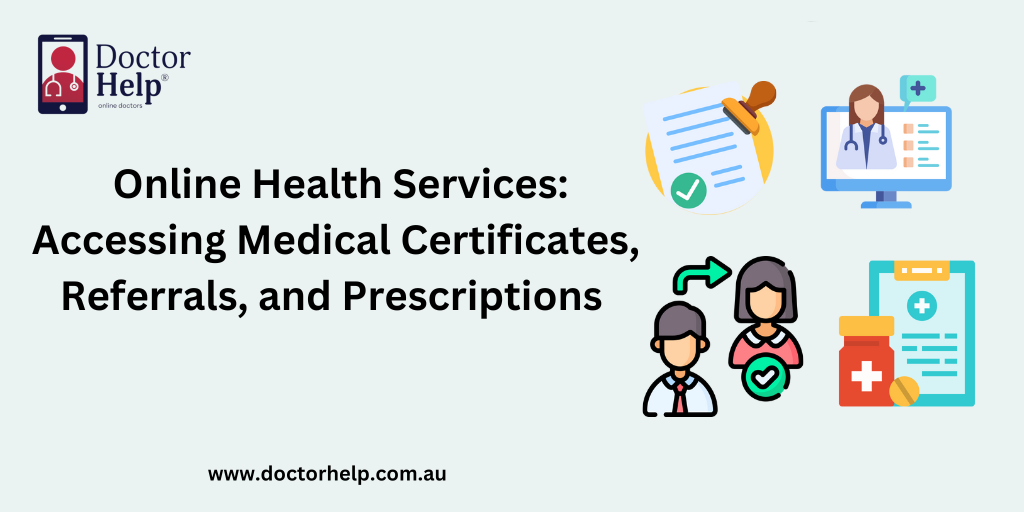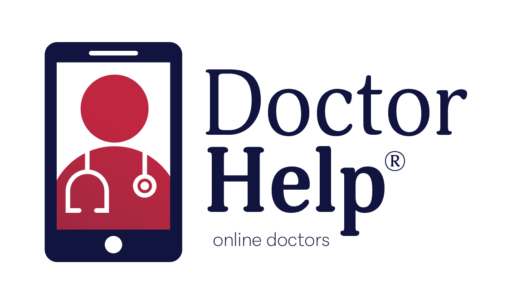The tenure of childhood is a compilation of development, learning, and new experiences.
Regular health screenings are significant in ensuring a firm foundation of well-being and health support on this journey. Referrals through Telehealth are provided with the proper requirements and medical advice from the GP. These regular tests and screenings are pivotal in monitoring and maintaining long-lasting healthy habits. They are also vital for diagnosing and treating issues in the early stages. This comprehensive guide is a compilation of essential checkup steps and procedures and their significance for proactive health maintenance since the beginning of childhood.
Detailed Health Screenings

Physical Examination in Developmental Stages
Annual physical assessments, not just routine checkups, hold a vital place in the upbringing of children. These routine checkups are a way to check and concentrate on the development and overall wellbeing. These examinations assess their behavioural, physical and motor skills to ensure that children are on track according to age. This way, it’s ensured that all the developmental milestones are accomplished. This includes the measurement of body mass index to provide precise details. Suppose there is any deviation from the usual growth patterns; that could be malnutrition or being overweight. In that case, these are detected in the early stages, which makes prompt and more effective solutions available. You can quickly get referrals through telehealth from here.
Vaccination Schedules
Most people will agree that vaccinations are pivotal for preventing infectious diseases. An individual’s immunisation schedule starts at birth and continues into juvenility, protecting the body against fatal diseases among children. Following the vaccination schedule for vaccines like DTP (diphtheria, tetanus, and pertussis), MMR (measles, mumps, and rubella), polio, and varicella (chickenpox) not just plays a role for individual health but also for the wellbeing of the community. It is also recommended that annual flu shots be followed to protect against different flu virus variants.
Behavioural and Mental wellbeing

Nutritional Examination
Nutrition is the most important part of healthy growth, but it is somehow neglected. When you get a proper examination from a medical health provider, they can assess whether your child’s nutritional health is on point. During growth age, a child’s diet must include nutrients from natural sources, and if there is an issue, then food aversion or allergies can be detected. This examination is also significant for making a proper nutritional chart to maintain a healthy lifestyle.
Mental Assessment
Cognitive development during the formative years of children must be monitored. Some of the issues like speech issues, autism, and deficit hyperactivity disorder (ADHD) detected in that stage could be treated as per the specialist’s recommendation. So, monitoring the child’s mental state helps them perform better. There are many therapies and support to help the exceptional cases detected in these assessments, which will later on have a very positive impact on personality development,
Safety and Preventive Wellbeing
Vision and Hearing
Ensuring comprehensive healthcare, especially for children, includes properly examining their wellbeing. Vision and hearing are two fundamental senses that should be examined keenly. These screenings help detect the issues in the developmental stages so that they can be solved or prevented.
Dental Checkups
Regular dental checkups are recommended for cavity prevention, which might lead to severe dental issues. Proper structure and teeth cleaning are important for healthy eating, smiling, and self-esteem. Education about dental hygiene is also an essential point that is addressed to promote healthy oral habits.
Healthy Lifestyle

Lifestyle Guidance
In a world where screen time has become a regular part of our lives. Developing a love for outdoor activities has become more critical to endorse. This is why getting proper guidance from the health care provider is vital. Telehealth GP can refer you to a specialist to guide you and your family in incorporating more active play and exercise into the routine. This will promote cardiovascular health, strengthen bones and improve mental wellbeing.
Health Assessment As Per Environment
The environment plays an integral part in a child’s healthy lifestyle. Evaluation can prevent potential hazards from exposure to lead, secondhand smoke, or allergens. Specialists can recommend a healthy lifestyle and learning environment to avoid exposure related to health issues.
What Are Age-Specific Screening?
For early childhood from 0 to 5 years, the focus lies on closely monitoring developmental milestones and physician growth. This includes examining speech, social skills, motor skills, and social interaction. Vaccinations are essential for children of these ages as the body positively accepts the vaccines.
During middle childhood (6-12 years), screenings are based on educational support, academia, nutrition, and lifestyle habits because children start school. At this point, it’s imperative to promote positive behaviours like healthy eating and regular physical activity to prevent obesity and instil a proactive approach to health.
In pre-adolescence (13-15 years), attention shifts to emotional health, peer relationships, and the onset of puberty. Preparing children for physical and emotional changes and reinforcing healthy lifestyle choices are vital.
Telehealth Referrals In Australia
Considering telehealth appointments, they’ve revolutionised access to pediatric care, offering a convenient platform for families to seek medical advice, manage chronic conditions, and access mental health services. However, balancing telehealth services with necessary in-person visits for comprehensive physical assessments and vaccinations is crucial. Doctor Help GPs are AHPRA certified in providing the best health care advice to patients.
In conclusion, regular health screenings and consultations are essential for fostering a child’s health and development. Engaging in healthy healthcare from an early age sets children on a trajectory towards a healthy and vibrant future equipped with the knowledge and habits for lifelong well-being.







